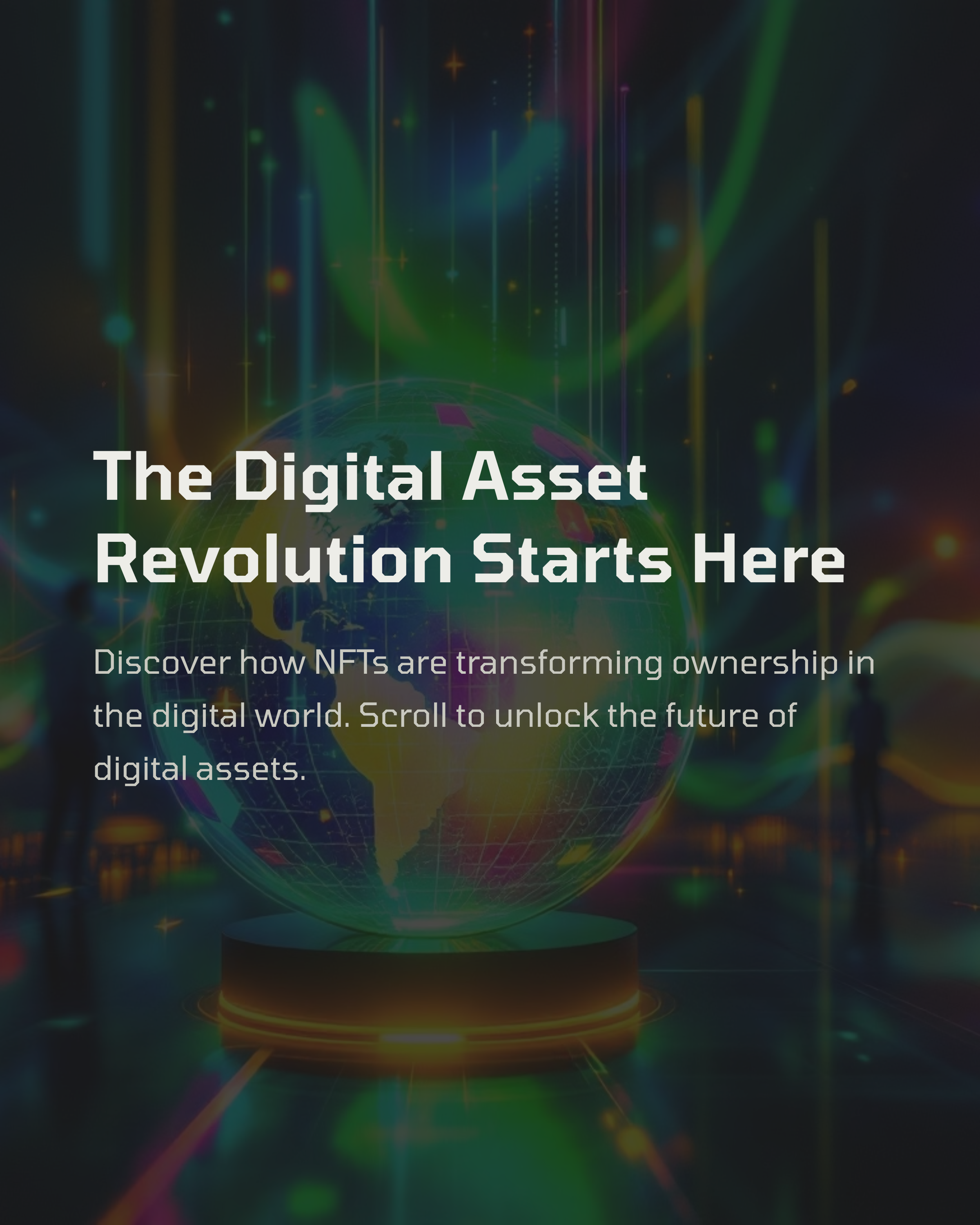
Introduction
Non-Fungible Tokens (NFTs) have revolutionized the concept of digital ownership, enabling unique assets to be traded on blockchain networks. Unlike cryptocurrencies such as Bitcoin or Ethereum, NFTs are indivisible and unique, making them ideal for digital art, collectibles, gaming items, and virtual real estate. This issue paper explores how NFTs are reshaping the digital economy and their potential impact on various industries.
Understanding NFTs
NFTs are blockchain-based digital assets that represent ownership of a unique item. They are stored on decentralized networks, ensuring authenticity, scarcity, and provenance. The Ethereum blockchain, through the ERC-721 and ERC-1155 standards, has become the dominant platform for NFT creation and trading.
Key characteristics of NFTs include:
- Uniqueness: Each NFT has distinct metadata that makes it irreplaceable.
- Indivisibility: Unlike cryptocurrencies, NFTs cannot be divided into smaller units.
- Blockchain Verification: Ownership and transaction history are securely recorded on the blockchain.
- Interoperability: NFTs can be used across various decentralized applications (dApps).
The Rise of NFTs in the Digital Economy
NFTs have gained significant popularity in recent years, transforming how creators and collectors interact with digital assets. The market has seen exponential growth, with high-profile sales in digital art, music, and virtual goods. The ability to tokenize assets has unlocked new revenue streams for artists and businesses.
Applications of NFTs
NFTs have impacted various industries, offering innovative use cases:
- Art & Collectibles: Digital artists can tokenize their work, ensuring authenticity and receiving royalties through smart contracts.
- Gaming & Virtual Worlds: Players can own, trade, and monetize in-game assets, enhancing the gaming economy.
- Music & Entertainment: Musicians and creators can sell exclusive content as NFTs, bypassing traditional intermediaries.
- Real Estate & Identity: NFTs enable the tokenization of real-world assets and digital identity verification.
Challenges and Future Prospects
Despite their potential, NFTs face several challenges:
- Environmental Concerns: The energy-intensive nature of blockchain networks has raised sustainability concerns.
- Market Speculation: Price volatility and speculative trading have led to concerns about long-term stability.
- Regulatory Uncertainty: Governments are still defining legal frameworks for NFTs and digital ownership.
However, advancements in blockchain scalability, layer-2 solutions, and regulatory clarity will contribute to the sustainable growth of the NFT ecosystem.
Conclusion
NFTs have introduced a paradigm shift in digital ownership, empowering creators and transforming industries. As technology evolves, NFTs will play a crucial role in shaping the future of the digital economy. While challenges remain, continued innovation and adoption suggest that NFTs will become an integral part of the next-generation digital asset market.
Key Terms
- Non-Fungible Token (NFT): A unique digital asset stored on a blockchain, representing ownership of a specific item.
- Smart Contract: A self-executing contract with predefined rules stored on a blockchain.
- Tokenization: The process of converting real-world or digital assets into blockchain-based tokens.
Hashtags
#NFT #Blockchain #DigitalAssets #CryptoArt #Metaverse #Web3 #Ethereum





